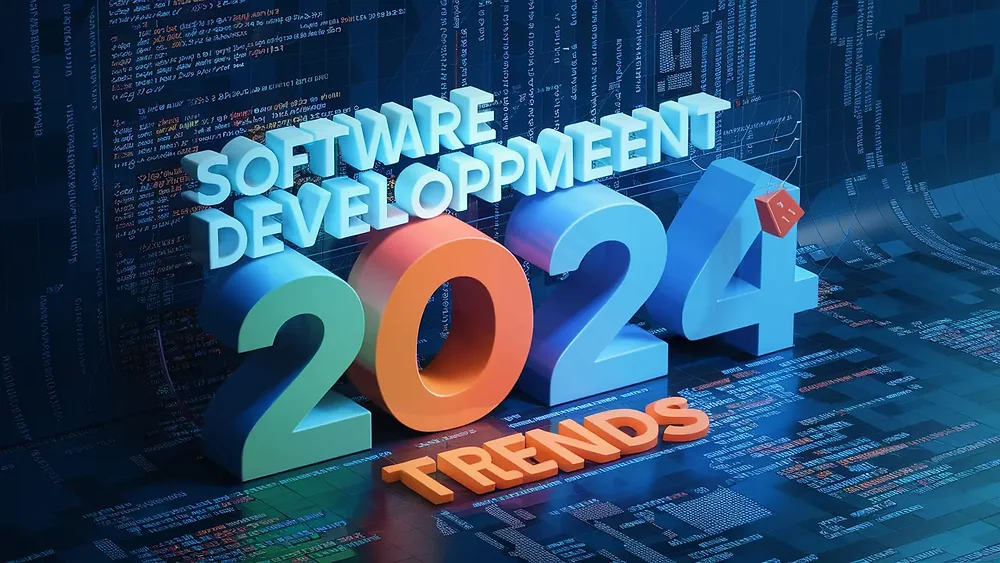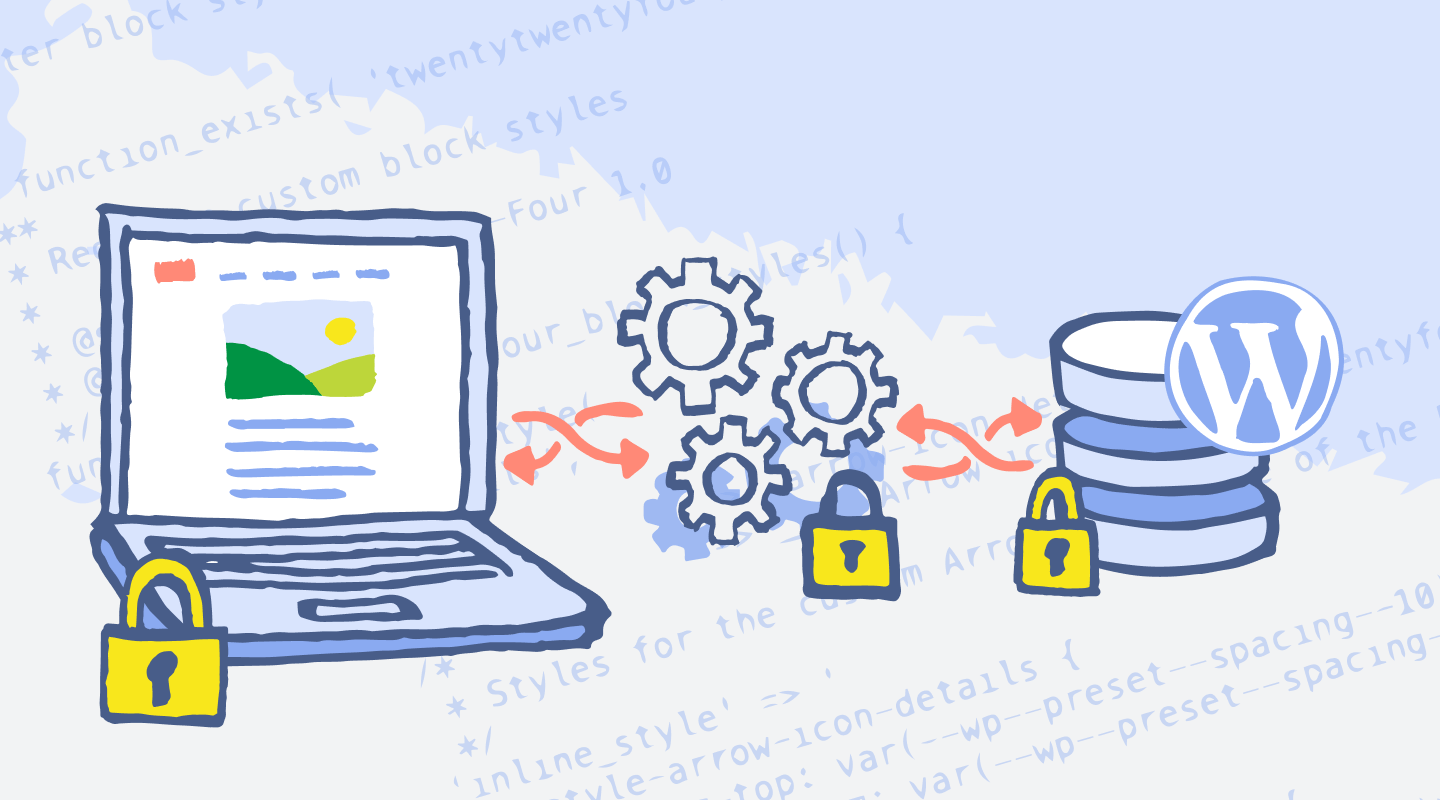
Top Software Development Trends to Watch in 2024
Emergence of Artificial Intelligence and Machine Learning
The emergence of artificial intelligence (AI) and machine learning (ML) is dramatically transforming the landscape of software development. As organizations increasingly aim to enhance operational efficiencies and foster innovation, the integration of AI tools into the development process is becoming a standard practice. These tools are streamlining coding, for example, by providing intelligent code suggestions that can speed up the overall development cycle. This enhancement allows developers to not only save time but also to focus on more complex and creative aspects of coding.
Moreover, AI is playing a pivotal role in optimizing testing processes. Traditional testing methods often require significant manual effort and time. However, with AI-driven testing frameworks, software developers can automate repetitive tasks, identify bugs more effectively, and predict potential performance issues before deployment. This shift not only improves the quality of software but also leads to faster launch times, meeting the market demands more effectively.
In addition to enhancing coding and testing, AI and ML facilitate data-driven decision-making. By harnessing large volumes of data, software developers can glean insights that influence design choices and feature prioritization. Innovations such as predictive analytics provide the ability to anticipate user behavior and needs, allowing for more user-centric product development.
As the industry embraces these advancements, the implications for software developers are significant. There is a growing demand for professionals skilled in AI and ML technologies. Consequently, developers are encouraged to enhance their skillsets through continuous learning in areas such as data analysis, algorithm development, and AI tool utilization. This dynamic shift not only opens new job opportunities but also necessitates a reevaluation of existing roles within software development teams, making adaptability a crucial asset for success in the evolving tech landscape.
Growth of Low-Code and No-Code Development Platforms
In recent years, the software development landscape has been significantly transformed by the rise of low-code and no-code development platforms. These innovative tools are designed to empower individuals with little to no coding experience, enabling them to design, develop, and deploy applications efficiently. This democratization of software development is reshaping the traditional approaches to application creation, making it accessible to a broader audience, including business analysts and even end-user clients.
The growing adoption of these platforms is primarily driven by the need for rapid prototyping and deployment. Organizations are increasingly seeking ways to accelerate their digital transformation efforts by reducing development cycle times. Low-code and no-code platforms facilitate this by allowing users to create applications through a visual interface, often utilizing drag-and-drop features. Consequently, teams can iterate on ideas more quickly, respond to market changes faster, and tailor applications to meet specific business needs without relying solely on professional software developers.
As low-code and no-code platforms continue to gain traction, traditional software development roles are evolving. Developers are shifting towards more collaborative roles, where they work closely with stakeholders to translate business requirements into functional applications. This shift encourages stronger teamwork between technical and non-technical staff, as knowledge sharing becomes crucial in creating effective software solutions. However, it is essential for software developers to adapt to this new reality by enhancing their skills in areas such as platform integration, user experience design, and project management.
In summary, the growth of low-code and no-code development platforms is not only revolutionizing how applications are built but also reshaping the roles of developers. By fostering collaboration and streamlining the development process, these platforms have the potential to drive innovation and efficiency across various industries, making them a critical trend to watch in 2024 and beyond.
Increased Focus on Cybersecurity
The increasing prevalence of cyber threats has necessitated a significant shift in the approach to software development, emphasizing an enhanced focus on cybersecurity throughout the development lifecycle. In 2024, the integration of security protocols into the software development process, often referred to as DevSecOps, is poised to be a dominant trend. This approach incorporates security practices from the very beginning, ensuring that every phase of development is evaluated for potential risks and vulnerabilities.
As threats become more sophisticated, the demand for developers with expertise in cybersecurity has surged. Organizations are now prioritizing hiring professionals who are not only adept in coding but also possess a strong understanding of secure coding practices. This is critical in mitigating risks associated with software vulnerabilities that could be exploited by malicious actors. Additionally, upskilling existing development teams in cybersecurity measures is becoming increasingly common, fostering a culture of security awareness throughout the development process.
Moreover, various tools and practices that bolster cybersecurity are expected to become standard in the industry. For instance, automated security testing tools are gaining popularity, allowing developers to identify weaknesses in their code early in the development process. Continuous integration and continuous deployment (CI/CD) pipelines are being enhanced with security checkpoints, ensuring ongoing assessment as updates and new features are released.
Incorporating secure coding practices is essential to maintaining the integrity of software applications. Developers are becoming more acquainted with frameworks and guidelines aimed at writing secure code, thus reducing the likelihood of security breaches. As software continues to evolve, the emphasis on cybersecurity remains paramount, solidifying its role as an integral part of successful software development in 2024 and beyond.
Embracing Agile and DevOps Practices
The landscape of software development is continuously evolving, with Agile methodologies and DevOps practices leading the charge in 2024. These frameworks, initially developed to enhance flexibility and responsiveness, are now becoming integral components of the software development lifecycle. The adoption of Agile allows teams to better collaborate, iterate on their projects, and respond swiftly to changing requirements. This adaptability not only improves product quality but also aligns development outcomes with stakeholder expectations.
In conjunction with Agile, DevOps practices are gaining traction as organizations strive for more efficient processes. The DevOps culture emphasizes collaboration between development and operations teams, breaking down silos and facilitating improved communication. This leads to the acceleration of release cycles and a significant reduction in time-to-market, allowing businesses to stay competitive in a rapidly changing environment. As teams embrace these methodologies, they benefit from streamlined workflows that enhance the overall productivity of both individual contributors and the organization as a whole.
Moreover, as Agile and DevOps continue to evolve, so too do the structures of development teams. The traditional role of developers is transforming, with an increasing emphasis on cross-functional capabilities. Team members are expected to possess a broader set of skills, including automation practices, continuous integration, and deployment techniques. This shift not only fosters personal growth among developers but also strengthens team dynamics, enabling them to tackle complex challenges more effectively.
As we move forward, keeping abreast of these trends is essential for any software development professional. The commitment to Agile and DevOps principles presents an opportunity for teams to enhance collaboration and performance, ultimately resulting in higher quality products delivered in a shorter timeframe. The integration of these practices is not merely a trend; it is a necessity for those seeking to thrive in the ever-competitive software development sector.







